Filter by
SubjectRequired
LanguageRequired
The language used throughout the course, in both instruction and assessments.
Learning ProductRequired
LevelRequired
DurationRequired
SkillsRequired
SubtitlesRequired
EducatorRequired
Find the Best Radiology Course for Your Goals
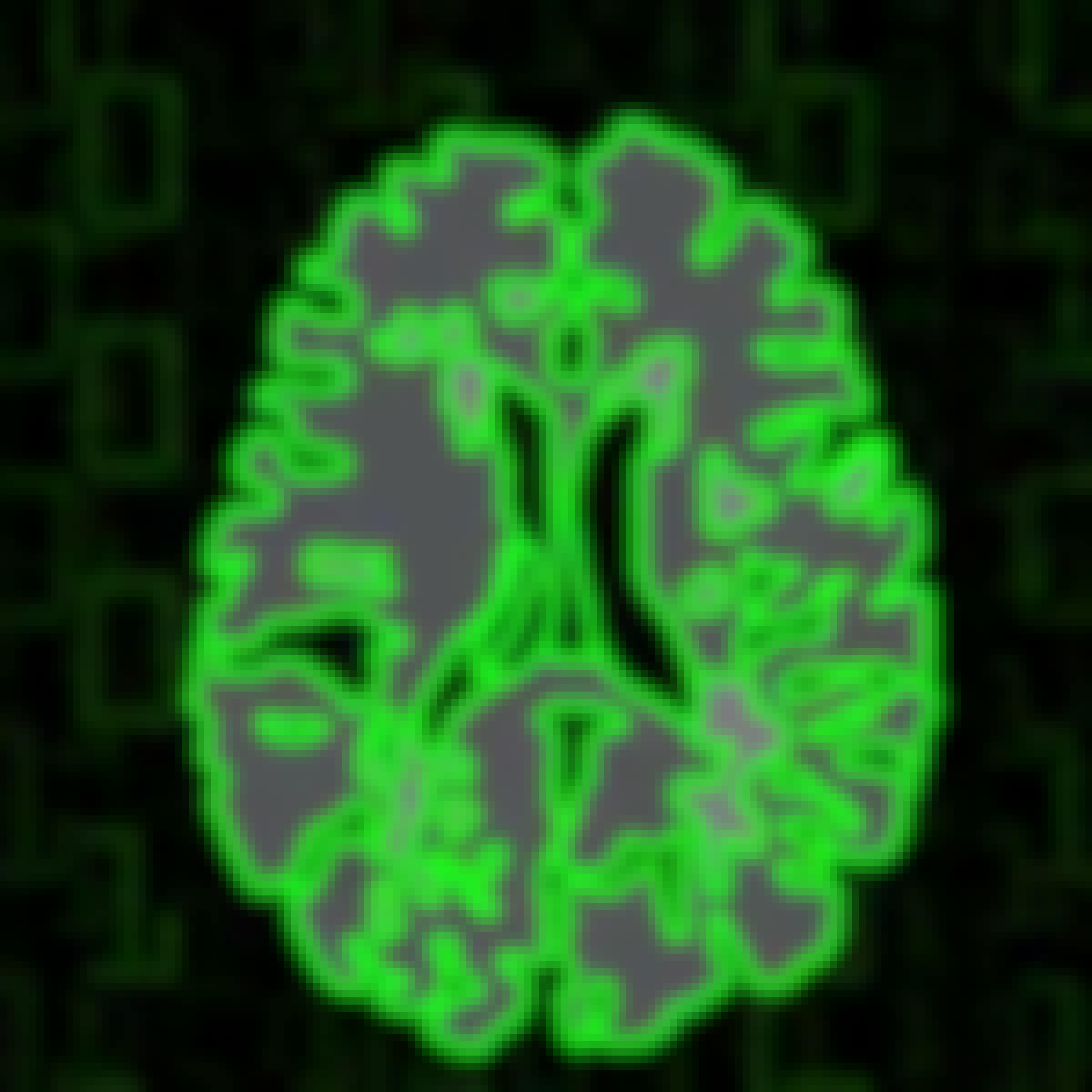 Status: Free Trial
Status: Free TrialJohns Hopkins University
Skills you'll gain: Magnetic Resonance Imaging, Medical Imaging, Image Analysis, Data Manipulation, Neurology, R Programming, Radiology, Data Processing, Scientific Visualization, Data Analysis Software
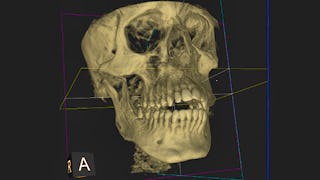 Status: Free Trial
Status: Free TrialUniversity of Pennsylvania
Skills you'll gain: Dental Care, Oral and Dental Care, Dentistry, Patient Evaluation, Dental Procedures, Oral Health, Medical History Documentation, Health Assessment, Anatomy, Public Health, Medical Imaging
 Status: Free Trial
Status: Free TrialUniversity of Colorado Boulder
Skills you'll gain: Control Systems, Process Control, Machine Controls, Engineering, Scientific, and Technical Instruments, Automation Engineering, Statistical Process Controls, Manufacturing Processes, Embedded Software, Electrical and Computer Engineering, Embedded Systems, Medical Equipment and Technology, Electronics, Laboratory Equipment, Electronics Engineering, Medical Imaging, Performance Tuning, Electronic Components, Mechanical Design, Reliability, Product Testing
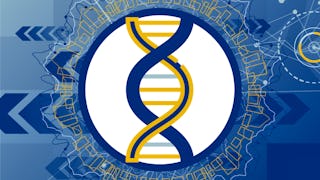 Status: Free Trial
Status: Free TrialJohns Hopkins University
Skills you'll gain: Health Informatics, Health Technology, Health Policy, Health Care, Healthcare Industry Knowledge, Health Information Management, Information Technology, Health Care Procedure and Regulation, System Requirements, Interoperability, Electronic Medical Record, Data Literacy, Technology Strategies, Medical Imaging, Emerging Technologies, Information Privacy
 Status: Preview
Status: PreviewUniversity of Minnesota
Skills you'll gain: Health Informatics, Health Technology, Telehealth, Interoperability, Electronic Medical Record, Health Care, Health Information Management, Community Health, Health Systems, Public Health, Data Ethics, Nursing, Data Visualization, Information Privacy, Medical Terminology, Graph Theory
 Status: Free Trial
Status: Free TrialRice University
Skills you'll gain: Anatomy, Biochemistry, Biology, Chemistry, Medical Terminology, Molecular, Cellular, and Microbiology
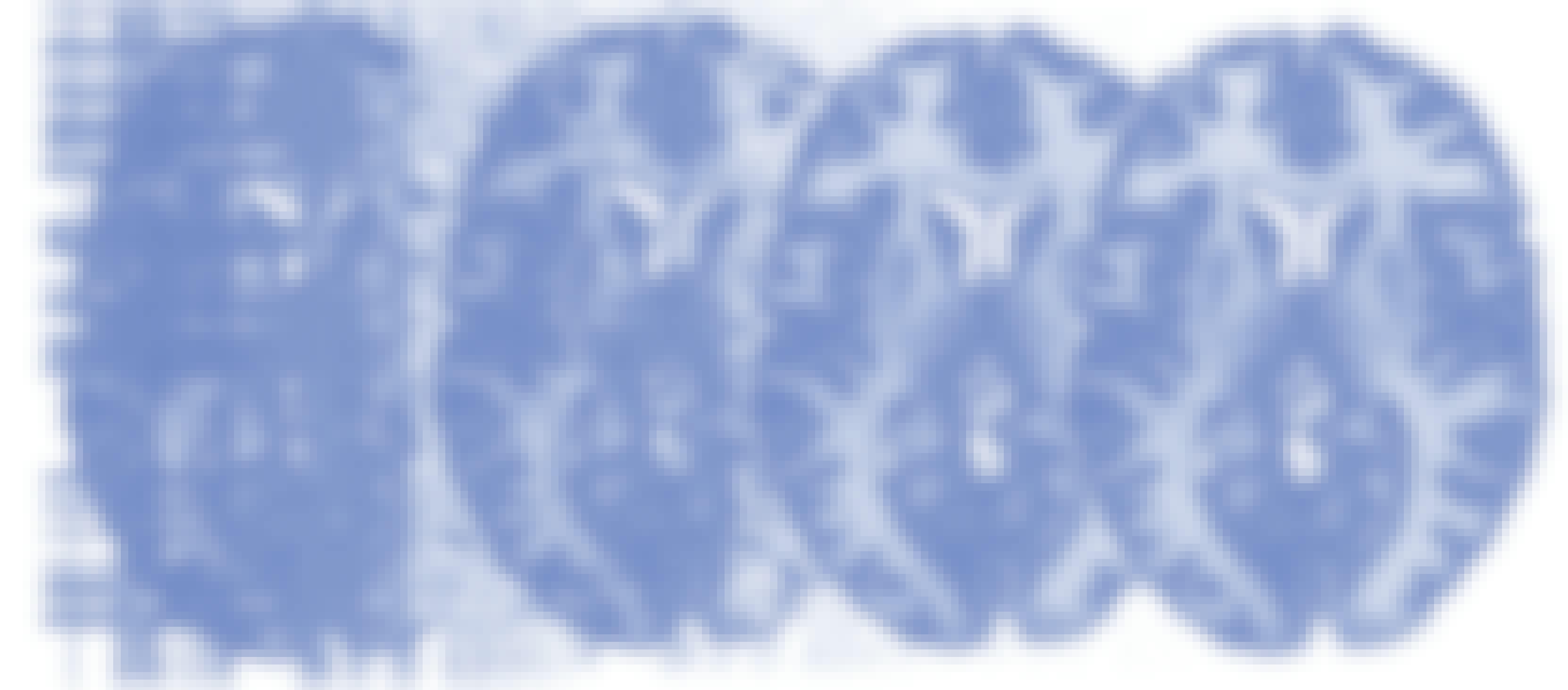 Status: Free Trial
Status: Free TrialJohns Hopkins University
Skills you'll gain: Magnetic Resonance Imaging, Data Analysis, Analysis, Image Analysis, Statistical Analysis, Experimentation, Network Analysis, Research Design, Regression Analysis, Psychology, Time Series Analysis and Forecasting, Matlab, Mental and Behavioral Health, Neurology, Statistical Modeling, Statistical Methods, Research
 Status: Free Trial
Status: Free TrialRice University
Skills you'll gain: Respiration, Anatomy, Respiratory Care, Patient Evaluation, Pathology, Internal Medicine, Nutrition and Diet, Biology
 Status: Free Trial
Status: Free TrialUniversity of Michigan
Skills you'll gain: Financial Statements, Financial Accounting, Financial Statement Analysis, Financial Analysis, Balance Sheet, Accounting, Resource Utilization, Health Care Administration, Profit and Loss (P&L) Management, Cash Flows, Resource Management, Healthcare Industry Knowledge, Financial Management, Accounts Receivable, Performance Improvement
 Status: Free Trial
Status: Free TrialRice University
Skills you'll gain: Maternal Health, Obstetrics And Gynecology, Urology, Anatomy, Gynecology, Pathology, Patient Evaluation, Biology, Medical Terminology
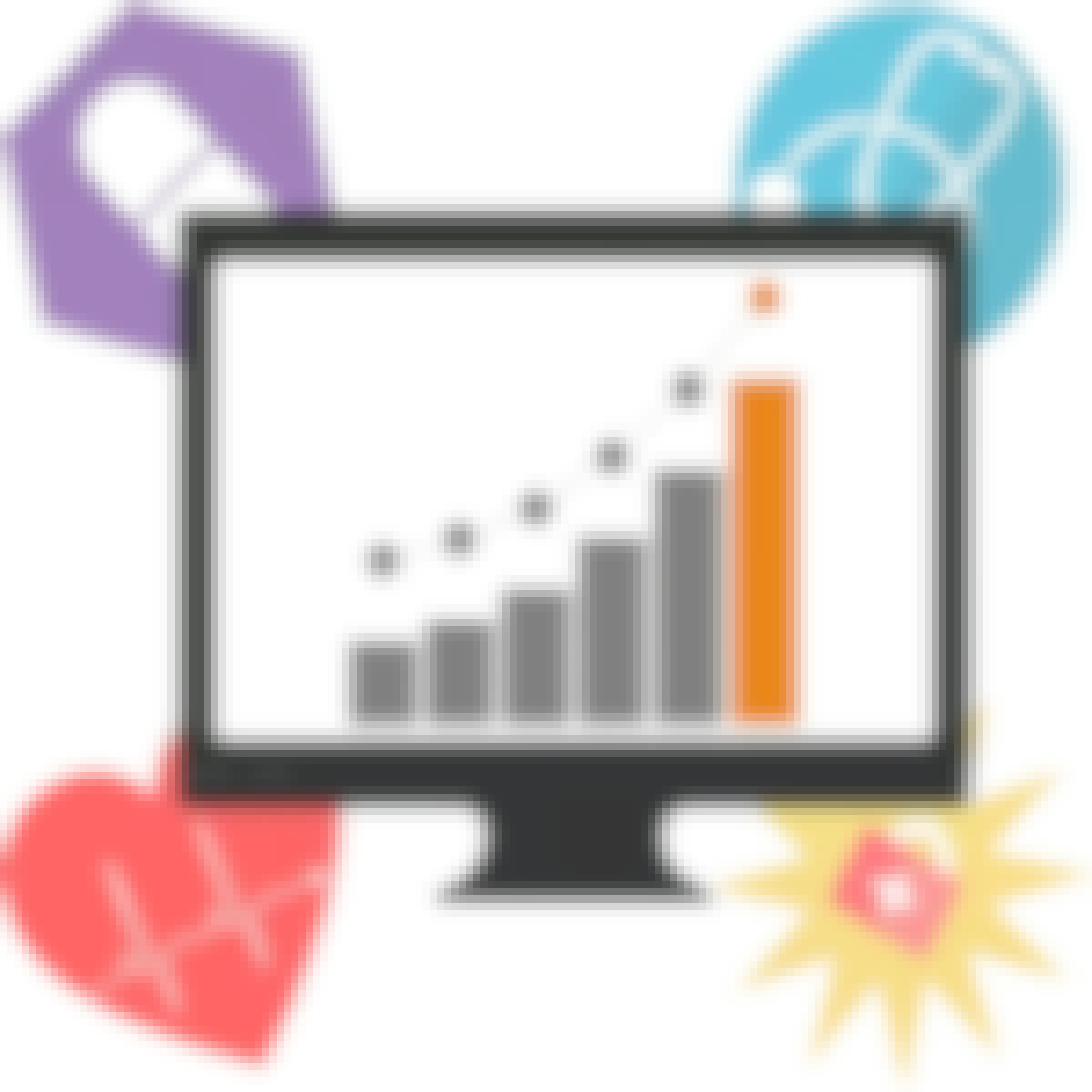 Status: Free Trial
Status: Free TrialUniversity of Colorado System
Skills you'll gain: Clinical Data Management, Clinical Research, Data Quality, Health Informatics, Biostatistics, Time Series Analysis and Forecasting, Data Analysis, Data Modeling, Data Science, Analytics, Statistical Reporting, R Programming, SQL
 Status: Free Trial
Status: Free TrialRice University
Skills you'll gain: Cardiology, Anatomy, Patient Evaluation, Pathology, Biology, Molecular, Cellular, and Microbiology, Infectious Diseases
In summary, here are 10 of our most popular radiology courses
- Introduction to Neurohacking In R: Johns Hopkins University
- Introduction to Dental Medicine: University of Pennsylvania
- Sensor Manufacturing and Process Control: University of Colorado Boulder
- The Social and Technical Context of Health Informatics: Johns Hopkins University
- Interprofessional Healthcare Informatics : University of Minnesota
- Anatomy & Physiology: Levels of Organization: Rice University
- Principles of fMRI 2: Johns Hopkins University
- Anatomy & Physiology: Exchange and Energy: Rice University
- Introduction to Healthcare Accounting: University of Michigan
- Anatomy & Physiology: Filtration and Reproduction: Rice University










